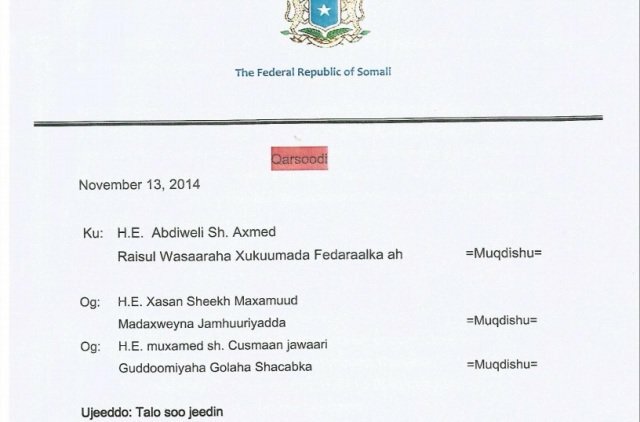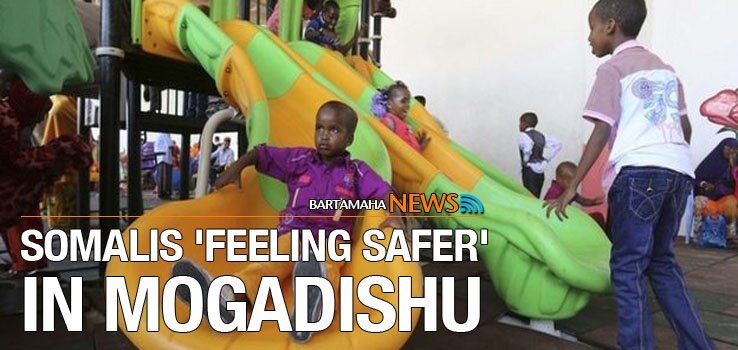Somalis ‘feeling safer’ in Mogadishu, survey says
Mogadishu — Residents of the Somali capital, Mogadishu, are feeling safer and more optimistic than they were a year ago, according to a new survey.
The Heritage Institute of Policy Studies, which analysed data collected from more than 1,600 residents, said people reported a decline in violence.
However, serious concerns remain, such as attacks by Islamist group al-Shabab, and mistrust of the security services.
Somalia has been ravaged by conflict for more than two decades.
Thousands of Somalis have been returning from abroad to help rebuild the country as security has improved in recent years.
Although most of those interviewed for the survey feel safer and more optimistic than they did last year, the fact that they still have major security concerns shows the vast challenges facing the Somali government and its international supporters.
The fear of increased attacks by Islamist insurgents and others, the deep mistrust of the judiciary and the security forces, and the violent land disputes would, in most countries, be considered an unacceptably insecure environment in which to live.
But for Somalis in Mogadishu, this is seen as an improvement compared to the intense violence they have endured for the past two decades.
Somalia, particularly the southern and central regions, still has a long way to go, both in terms of security and institution-building.
But optimism and resilience are key parts of that journey, and if they can be harnessed by the government and others responsible for improving life in Somalia, they could help propel the country towards a better future at last.
According to the report, “the overwhelming majority of respondents stated that they had not witnessed clan or group conflict in the last 12 months”.
However, many people still say they are concerned about disputes between different clans, and al-Shabab attacks.
They also said they did not trust the security forces of the judiciary.
In one area, 66% of respondents say they preferred to report civil matters to traditional elders, with just 7% going to the police.
Only 13% said they trusted the courts, compared to 48% for traditional leaders and 29% for religious leaders.
The African Union has some 22,000 troops in Somalia, in support of the UN-backed government.
BBC
Comments
comments
 Calendar
Calendar





































